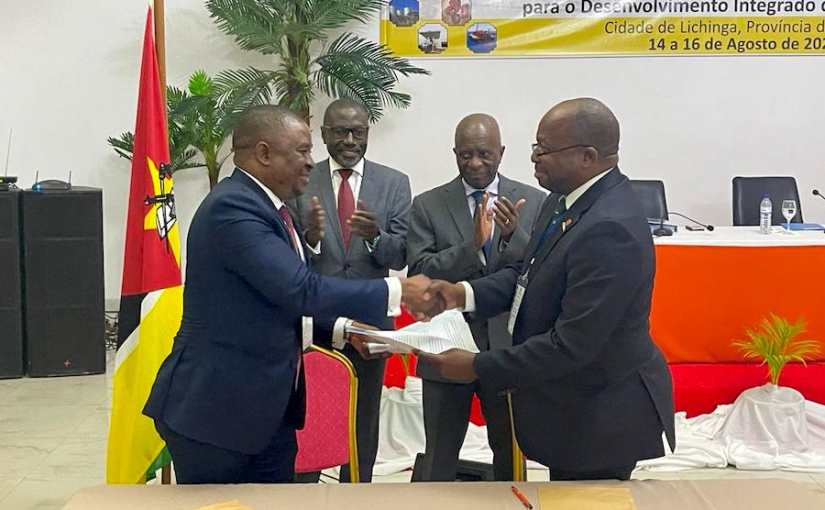EDM, Mozambique’s electricity company, and Hidroelectrica de Cahora Bassa (HCB), the operator of the Mphanda Nkuwa Hydroelectric Project, have entered into an agreement to allocate over 3 million U.S. dollars in funding.
Electricidade de Moçambique (EDM) is set to invest three million dollars in the Mphanda Nkuwa hydroelectric dam project. This project, positioned in the country’s central region alongside the Cahora Bassa hydroelectric dam, is expected to become the second-largest hydroelectric facility.
In a recent development, both companies disclosed the signing of a bilateral contract agreement, outlining the details and terms for supplying an amount “slightly above $3 million” (€2.8 million) to the Mphanda Nkuwa Hydroelectric Project Office (GMNK) budget.
“This amount corresponds to EDM’s [Electricity of Mozambique’s] contribution (…) and should be paid by the financial closure of the project,” explains the state company.
EDM and Hidroelétrica de Cahora Bassa, companies mandated by the government to develop and implement the Mphanda Nkuwa Hydroelectric Project, shoulder the project’s development costs. These costs should be treated as advances to the share capital of the special purpose companies set up for its development.
Mphanda Nkuwa will be the second-largest hydroelectric plant in the country, after the Cahora Bassa Hydroelectric Plant (HCB), which has a capacity of 2,070 megawatts. It will have an installed power generation capacity of up to 1,500 megawatts and a 1,300-kilometer high-voltage line from Tete to Maputo.
At an estimated cost of $4.5 billion (€4.2 billion), Mphanda Nkuwa is to be built 61 kilometers downstream from the Cahora Bassa hydroelectric plant on the Zambezi River in Tete province.
“The project will be the lowest cost option for energy production” and should strengthen Mozambique’s position in the energy export area as a “regional energy hub”, the GMNK previously emphasized.
Domestically, it aims to “contribute to universal access and industrialization” in the country, he added.
The European Union (EU) and the European Investment Bank (EIB) announced in June that they “will disburse 500 million euros” for the Mphanda Nkuwa dam hydroelectric project.
A total of €300 million will go towards the high-voltage power line, of which €50 million is a donation, and the remaining €200 million will go towards the hydroelectric power station.
Just days after the Mozambican government’s announcement, a consortium led by Electricity of France (EDF) and including oil company TotalEnergies secured the “preferred bidder” status to execute the project through a concession regime.
Subsequently, the project will progress into the fundraising stage, aiming for financial closure (initially set for August 2024). Once the required funds are in place, the project is slated to proceed and commence operations by 2030.
“The Mphanda Nkuwa project will be fundamental to the process of energy transition and decarbonization in the southern region of the African continent,” the developer’s office said.

